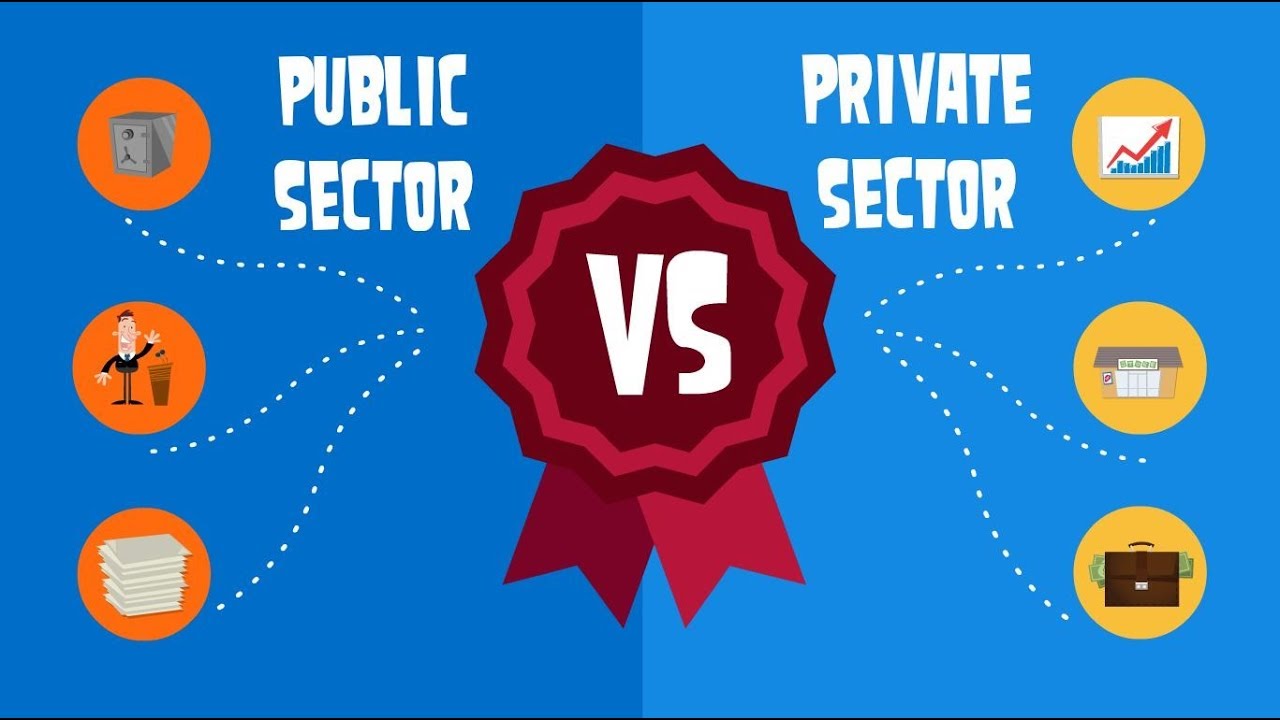By Tunde Animasaun
Nigeria’s transition from public to the private sector-led economy was, among others intended to remove bureaucratic bottlenecks, wastages in governance, divest government from unprofitable ventures, fast-track economic growth, and infuse the efficiency and effectiveness of the private sector into the nation’s economic life to achieve economic growth and development.
For the transition to work as intended, the government must, beyond mere propaganda, demonstrate genuine commitment and emplace three basic things; the goal, the path to the goal, and the enablers or facilitators on the journey towards the goal.
In the preface to the DFID document of Private Sector Development Strategy, Michael Foster, Parliamentary Under-Secretary of State for International Development wrote, “This strategy will prioritise three things: firstly, it will help businesses – from multinational companies to individual entrepreneurs to provide jobs and deliver goods and services. Secondly, it will improve market access by rewarding investment and private enterprise and giving poor people the opportunity to make better use of local and international markets.
“And thirdly, it will enhance competition by helping governments to tackle constraints such as corruption, excessive regulation, and weak transport links.”
Climes that have successfully developed their economies via the private sector route, all have some character traits in common. Strong political leadership, reformed and goal-aligned civil/public service, strong institutions, and enterprise development are a few of these. According to the United Kingdom Department for International Development, “Where well implemented, countries that shift to private sector-led models, effectively through economic liberalisation, have seen increased GDP growth. This growth has also led to reductions in poverty.”
The above cannot be said about the Nigerian experiment.
As stated earlier, the Nigerian government has been good at goal definition and crystallisation, to wit: attaining economic development through a private sector-led initiative. It is in charting the path, and most abysmally, in emplacing the enablers and facilitators for goal attainment that Nigeria has missed the mark.
The Nigerian experiment has run into bad waters not due to the inability to clearly define and identify the goal(s) but due to the inability to emplace the necessary enterprise or economic environment where business and markets have the opportunities for optimisation. This is due in part to policy summersault, multiple taxations, infrastructural paucity, public officials’ corruption; protracted litigation, and inclement business climate which are the hallmarks of the Nigerian business environment-hallmarks that are antithetical to economic development.
These government-inflicted economic drawbacks are compounded by worsening insecurity as evinced in the Boko Haram menace, banditry, cattle rustling and cattle-rearers/farmers clashes, kidnappings, and lately, the war in Ukraine.
The enablers of private-sector economies like visionary leadership, strong institutions, heavy investment in infrastructure, heavy investment in human capital, and transformation of the civil/public service are also either entirely lacking or inadequate. Particularly worrisome is the quality and orientation of the civil/public service that is expected to drive the process.
The Nigerian civil service, like the political class, is populated mostly by graduates from the lower rungs of the class (those with a pass or third class popularly known as ‘let my people go’) or drop-outs who only parade fake certificates and documents while the brilliant ones get absorbed by the private sector. Moreover, the Service is seen as the bastion of corruption in the country thus fueling the global perception of Nigeria as a corruption-infested country. According to a survey by the United Nations Office on Drugs and Crimes, UNODC entitled Corruption in Nigeria: Patterns and Trends, conducted in 2019, the percentage distribution of the total number of bribes paid, by public officials is 35. 7 % to Police officers, 19.3 % to Public utility officers, 6.8 % to Federal Road Safety Corps, 5.6 % to Teachers/Lecturers, 5.4 % to Vehicle inspection officers, 5.1 % to Tax/Revenue officers, 4.2 % to Doctors, Nurses, Midwives, and 18.0 to other types of official.
Looking within Africa, Ghana, and especially Rwanda have demonstrated that an economic turn-around is very possible even in the face of daunting challenges. China, Singapore, and Malaysia are other examples of countries that have attained economic relevance globally through a sociocultural change that gives primacy to economic growth considerations in policy formulation and implementation.
Nigeria should earnestly emplace a strategy that prioritises helping businesses – from multinational companies to individual entrepreneurs to provide jobs and deliver goods and services, improve market access by rewarding investment and private enterprise, and giving poor people the opportunity to make better use of local and international markets and enhance competition by helping governments to tackle constraints such as corruption, excessive regulation and weak transport links as suggested by Foster.
The civil/public service should be streamlined, capacitated, and oriented towards these onerous goals. It is only a virile and responsible civil/public service that can effectively regulate and propel the private sector-led economy for success.






Comment
No comments found.